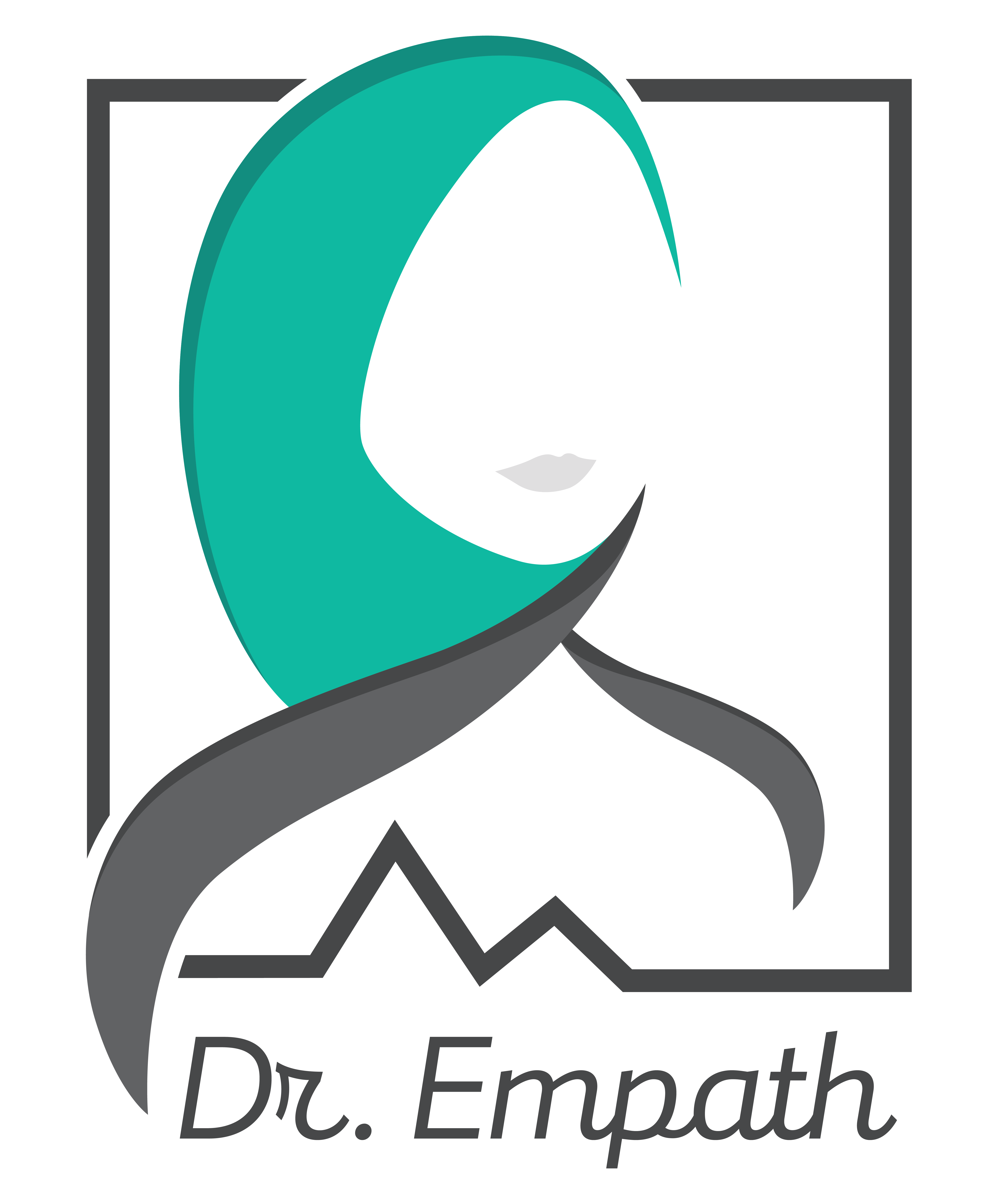Sondos Al Sad
Oct, 2022
“Followers of Islam are misunderstood, misinterpreted, and often feared due in part to prevailing derogatory media influences prior to and since 9/11” *
Whether there is published data to prove it or not, Muslim patients are often getting the short end of the stick. Our biases are ticking bombs, they can do harm even in the -presumably- safest settings. Do you have an implicit bias towards Muslim patients or even those who may look like them to you?
Let’s start with you, will you consider taking the implicit bias test: Select a Test (harvard.edu)? One of the enlisted tests is to check your bias toward “Arab-Muslims”. Of note, Arabs are less than a 5th of all Muslims.
If you are an Arab or a Muslim, consider taking the test even more. Internalized oppression and inferiority complex are real and with globalization, this bias is not confined to geography.
Acknowledging the bias is a good start, it will leverage consciousness, help you be a better version of yourself, and fulfill your medical oath:
“I swear to fulfill, to the best of my ability and judgment, this covenant:
I will respect the hard-won scientific gains of those physicians in whose steps I walk, and gladly share such knowledge as is mine with those who are to follow.
I will apply, for the benefit of the sick, all measures [that] are required, avoiding those twin traps of overtreatment and therapeutic nihilism.
I will remember that there is an art to medicine as well as science, and that warmth, sympathy, and understanding may outweigh the surgeon’s knife or the chemist’s drug.
I will not be ashamed to say “I know not,” nor will I fail to call in my colleagues when the skills of another are needed for a patient’s recovery.
I will respect the privacy of my patients, for their problems are not disclosed to me that the world may know.
Most especially must I tread with care in matters of life and death. If it is given me to save a life, all thanks. But it may also be within my power to take a life; this awesome responsibility must be faced with great humbleness and awareness of my own frailty.
Above all, I must not play at God.
I will remember that I do not treat a fever chart, a cancerous growth, but a sick human being, whose illness may affect the person’s family and economic stability. My responsibility includes these related problems, if I am to care adequately for the sick.
I will prevent disease whenever I can, for prevention is preferable to cure.
I will remember that I remain a member of society, with special obligations to all my fellow human beings, those sound of mind and body as well as the infirm.
If I do not violate this oath, may I enjoy life and art, respected while I live and remembered with affection thereafter.
May I always act so as to preserve the finest traditions of my calling and may I long experience the joy of healing those who seek my help.”*Martin, M. B. (2015). Perceived discrimination of Muslims in health care. Journal of Muslim Mental Health, 9(2).
